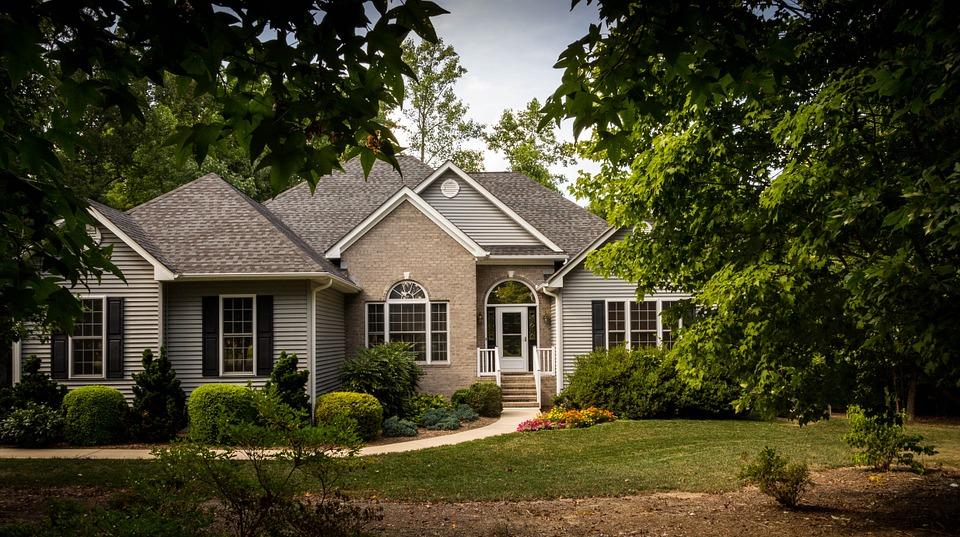For a person with a mortgage looking to refinance after a bankruptcy, there's good news and bad news. The good news is that you can refinance your mortgage in as little as two years after filing for bankruptcy. The bad news is that two years seems like an eternity in our fast-paced world - and some loans require at least three years. But if you don't mind a little perseverance, discipline, and a two-year wait, here's how you can make it happen.
Rebuild Before You Refinance
The first thing you need to do is rebuild your credit history. For the most part, your credit report is the key indicator for a lender. Unfortunately, you're going to have that bankruptcy blight on yours for years to come. A Chapter 13 bankruptcy will be on your report for seven years, while a Chapter 7 will stay with you for ten.

But don't despair. There are concrete steps that you can take to get your credit back on solid footing. At the top of the list is avoiding the type of habits that are generally associated with a bankruptcy. Translation: Pay your bills on time. A credit report also reflects your assets, so you should morph your spending habits into saving habits. Employ time-honored tactics like using automatic deposit from your paycheck into a savings vehicle of your choice.
You should also scrutinize your credit report. Make sure it's accurate, and if you find any mistakes, work with your creditors to clear up any discrepancies.
Though a bankruptcy itself will stay on your credit report for 7-10 years, the worst effects on your credit itself are only for the first few years. So don't count yourself out before you get started -- you may be able to refinance after a bankruptcy sooner than you think.
Find a Lender Right for You
The financial world is crawling with lenders, but there are only certain ones who will refinance a mortgage after a bankruptcy. Many of these are subprime lenders, who will charge you a higher interest rate and tack on fees to handle your loan. Don't fall for any scare tactics from pushy lenders. While the pool isn't deep, there are enough of them out there to allow you to shop around. Scrutinize rates and especially fees, which certain unscrupulous mortgage brokers will be happy to pump up at your expense.
One of the best options to refinance your home after a bankruptcy is an FHA loan. FHA loans can be approved in as little as two years after bankruptcy, have low equity requirements and attractive interest rates for borrowers with flawed credit. You don't even have to currently have an FHA mortgage to refinance into an FHA loan.
Eventually, you'll find a lender and a loan that you can live with. At that point, you'll want to return to rebuilding mode. Stay clean with your credit, and continue to build up your assets. In another two years, you'll be surprised at how lenders will regard your turnaround. At that point, the bad news will be nothing more than a bad memory. The good news is that your financial situation will have done a 360-degree turn, and you'll have a great mortgage to prove it.





